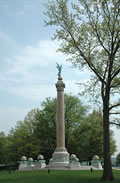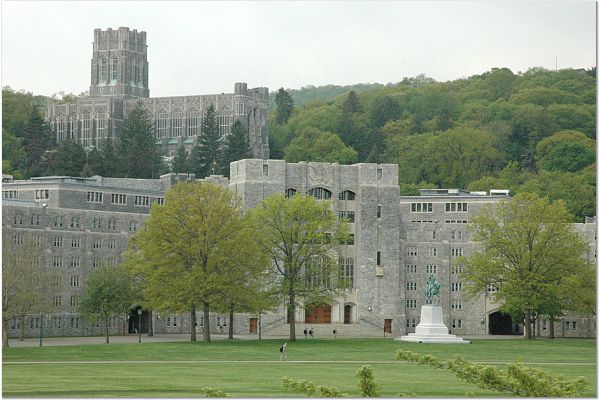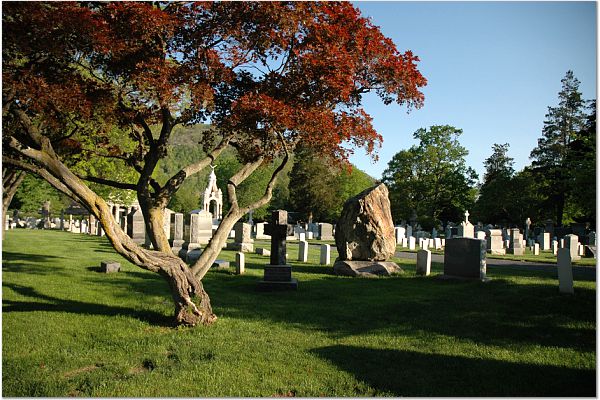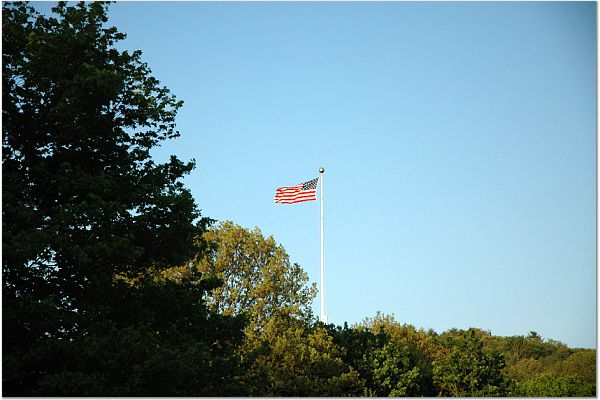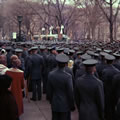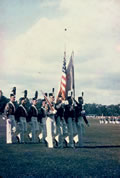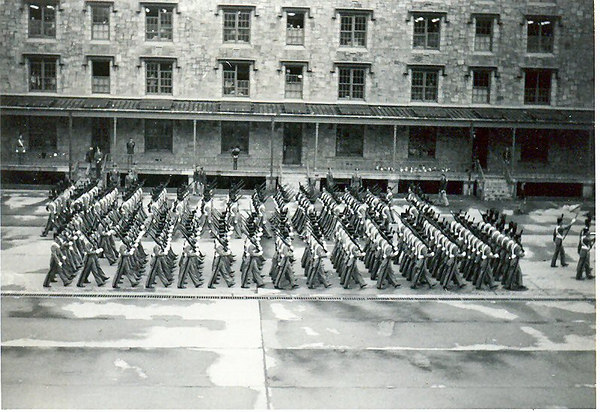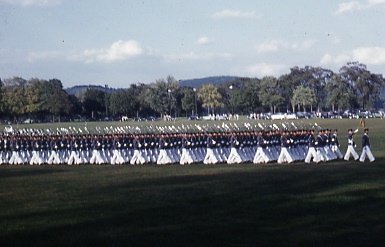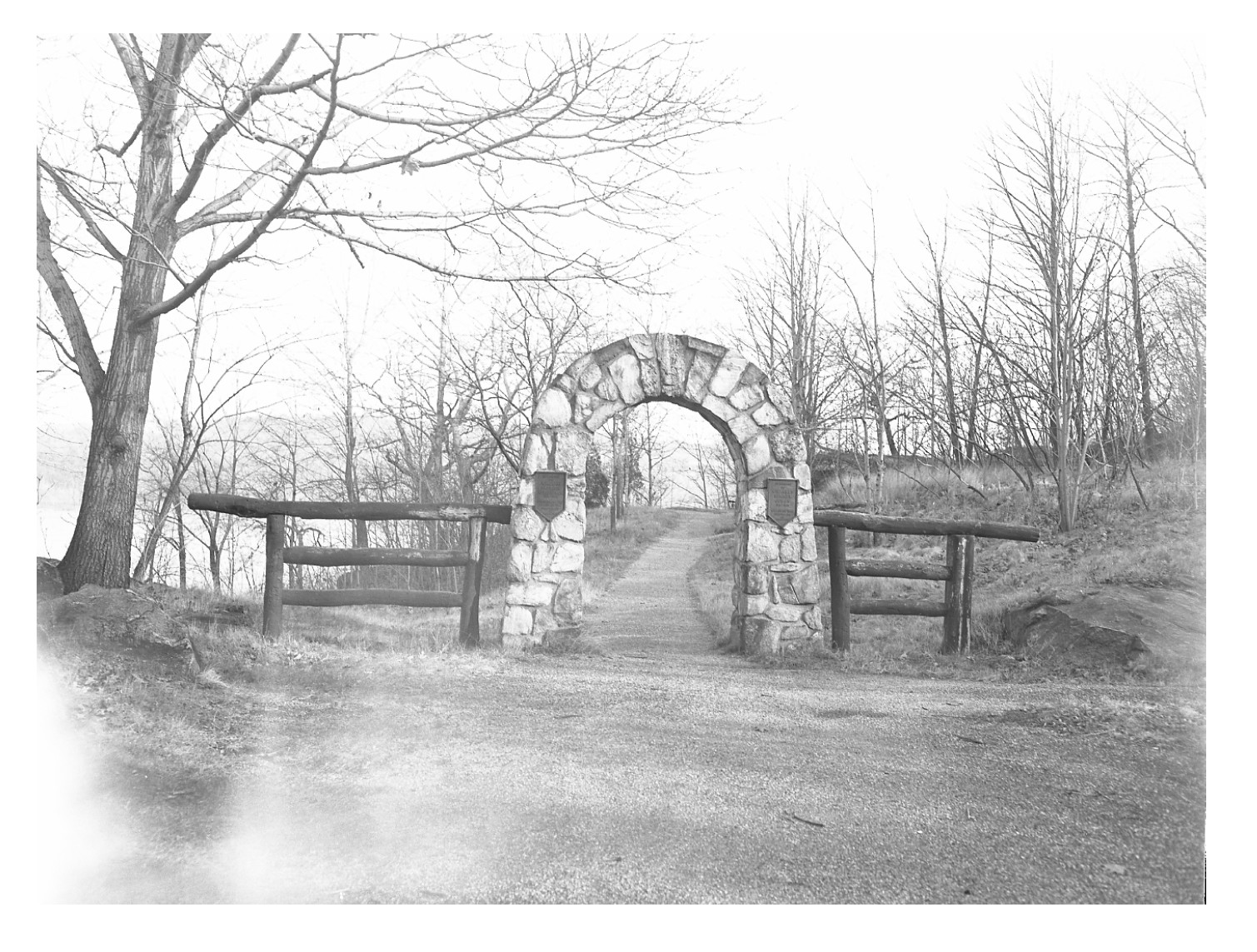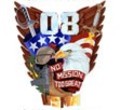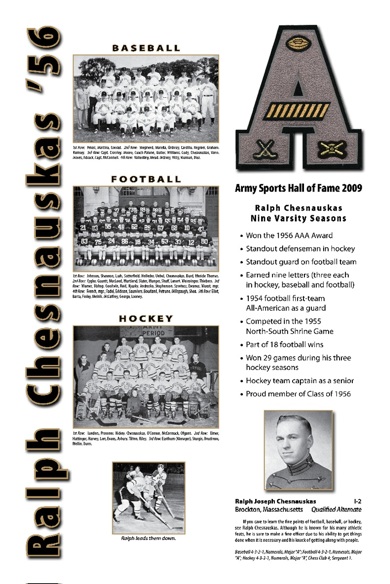Thurston Elmer Wood
Photo page 62 http://digital-library.usma.edu/libmedia/archives/aogreports/V1919.PDF
5749. Class of 1918 (Aug., 1917)
Killed in action July 21, 1918, near Vierzy, France, aged 21 years.
It was not surprising that a boy of six, after a month's stay at Old Point Comfort, should decide to be a soldier. The courage of his convictions displayed a month or so later at the Army-Navy game was perhaps less common, when from his seat on the Navy stand, in spite of his mother's efforts to repress him, the youngster jumped to his feet and cheered whenever the army scored. But the really un- usual thing was that he never changed his mind about what he wanted to do.
Thurston Elmer Wood was born in the old Wiley homestead at Cape May Court House, New Jersey, on September 14, 1896. He was the son of Captain Albert N. Wood, U. S. Navy, and of Edith Elmer Wood. His maternal grandfather was the late Commander Horace Elmer, U. S. Navy, who died while in command of the Mosquito Fleet at the outbreak of the Spanish war. A great grandfather, Dr. John Wiley, served through the Civil war as surgeon of the 6th New Jersey Volunteers.
His childhood was a variegated one due to the vicissitudes of his father's service. Taken to the Orient as a baby in arms, he spent two years in China, Japan and Korea, and first learned to talk in a curious patois of Japanese and pidgin English, The next few years saw the family home shift to the national capital, to Oregon, to California, to New York. Then followed a couple of years in'Europe. One summer was spent in England, one in Switzerland, and an autumn in Venice, but for the greater part of the time the boy was at school in the south of France.
After a few months in the United States, the family removed to San Juan, Porto Rico, for a period of four and a half years. There he learned to ride and swim and to speak Spanish. For the sake of the language he spent one year in an all-Spanish school, where he aver- aged at least a fight a day "for the honor of the flag." From 1909 to 1911, the family was at Cape May Court House, where young Wood attended High School.
Washington,D.C.,was the next place of residence, and there, in 1912, he graduated with honors from the Western High School, the youngest boy it was said who had ever received its diploma.
Being two years too young for West Point, he entered George Washington University and completed the freshman year in the scien- tific course. The following year, having received the promise of nom- ination to West Point from the Honorable J. Thompson Baker of the Second New Jersey Congressional District, he spent several months at Schadman's Army and Navy Preparatory School and then returned to George Washington University for special work in biology.
He became interested in Esperanto while still in High School and joined a students' club. During his freshman year at college he took an active part in the work of the Students' Esperanto League of North America, being made a member of its executive board.' The next year he was elected president and devoted much time to correspondence with similar student bodies in all parts of the world. He resigned on going to West Point, realizing that he would have no more spare time for outside activities.
In June, 1914, he entered West Point, and even the trying experi- ences of Beast Bar'racks did not make him doubt that he was where he wished to be. West Point never had a more loyal son, nor one who more scrupulously 'lived its motto.
Nevertheless he had a natural affinity for demerits and lowered his class standing a number of files by the unholy quantity he accumulated. He spent many an hour walking the area and came near going through West Point with a clean sleeve, but was made a sergeant a month or so before graduation.
Class standing, as such, never interested him. He worked for the sake of information he was after, never for the sake of files. Even so, and in spite of the demerits, he graduated ten.
He applied for assignment to the 12th Regiment of Field Artillery, and at the end of graduation leave, was ordered to join the regiment of his choice at Fort Myer, Va. After training there for a couple of months, the regiment was transferred to Camp Merritt, and embarked for Liverpool on January 10, 1918. A few days at an English rest camp near Winchester were followed by the long journey to the ar- tillery training camp at Valduhon in the foothills of the Alps.
March 20th saw the regiment on its way to-the front near Verdun to receive its final training with French units. Here the various components of the Second Division were first brought together.
Lieutenant Wood, who was now serving as Adjutant of the First Battalion, was the first officer of the regiment to be cited in Division Orders. The citation reads:
"First Lieutenant Thurston E. Wood, Philadelphia, rushed from his dugout into a heavy shell fire on April 24th. to rescue a seriously wounded French machine gunner."
On April 24th he was writing to his mother. There is a break in the letter and then the statement:
"This letter was interrupted just at this point by an incident that I wish I could tell you about, but I'm afraid it wouldn't get by the censor."
On June 27th, in response to an urgent appeal from home for particulars, the citation having appeared in the newspapers, he wrote the following characteristic account:
"The incident was not anything remarkable. I was, as you surmise, sitting in my dugout writing to you at the time. The Boche had been harrassing the road irregularly that evening, when all of a sudden I heard one burst quite close. And then I heard yelling, 'Au secours! Les camarades! Je suis mort!' and a lot more. Somebody said, 'Someone is hurt,' and I said, 'Let's go get him,' grabbed my helmet and gas mask and started out. I heard another one whistling and ducked under cover. The rest of the staff would have gone too, but the Major told them there was no use in everyone's going. Sergeant Major Wade and Sergeant Rome, cited in the same Order, were with me. We went perhaps fifty yards to get him and carried him into a dugout. About that time some medical corps men got there and dressed his wounds. I take more credit for the way I talked French to the fellow and tried to persuade him he was all right and held his hand while they dressed him, than for any- thing else. Funny how a grown man (he must have been over thirty) wants his hand held when he is hurt. He was sure he was done for, though he seemed pretty lively. He was hit in both ankles and one arm, but the most serious injury was a lung puncture. I wish my conduct had been strikingly heroic; but, you see, it really wasn't."
On May 10th the Second Division was relieved and started first by march and then by rail for a training and rest area north of Paris. The 12th F. A. was billeted at Trie-Chateau. They were expecting to relieve the First Division at Cantigny, when orders came which started them on their historic night journey to stop the German advance at Chateau Thierry.
For a reconnaissance under fire on the 1st or 2nd of June, the day of their arrival, Lieutenant Wood received his second citation in Division G. 0. No. 40:
"This officer reconnoitered positions and assisted in placing the bat- teries of the 1st Battalion on the afternoon of the - of June, 1918; this in the face of artillery fire from the enemy."
The work of the Second Division through the month of June is a glorious page of history, but need not be recounted here. The 12th F. A. supported the 5th and 6th Marines in the attacks on Bouresches and the Bois de Belleau. Just after the first attack on the Bois de Belleau, Lieutenant Wood exchanged for a week or ten days with the artillery liaison officer serving with the 6th Marines, during which time the Bois, de Belleau fighting continued.
He received a third citation sometime during this month accord- ing to a letter from his immediate commanding officer, Major (now Colonel) E. M. Watson, but so far his family have not been able to procure either the text, date or substance of this Order.
Colonel Watson wrote:
"Your son was brave to a degree which I at times thought reckless- ness. The only times that I ever reprimanded him were for unneces- sarily exposing himself. He was the most efficient and gallant fellow that I have ever known, and I can't tell you how much I have missed him during the fight we have just finished."
On June 13th, while he was with the Marines, he wrote home:
"I just happened to think that yesterday was the 12th of June, and in the ordinary course of events I should have just graduated from West Point. I should have received my diploma from the distinguished hands of Secretary Baker, and should now probably have just about gotten up from my downy bed in the Hotel Astor, have finished my tub and dressed myself carefully in my brand new cits, taken the elevator down the Hunting Room and be even now scanning the menu for a suitable midday repast. That seems uncommonly unreal and impossible to me now. Here I am subsisting mainly on corned willy and beans, drinking water that leaves a stain of sediment on the glass, and I haven't had my underclothes off in two weeks. For that matter, I haven't had my breeches off for a week, and I sleep rolled up in a blanket on a tile floor. And what's more, I don't more than get rolled up in a blanket than I am asleep. Four hours sleep a night is a luxury rather than a deprivation. But I'm having the time of my life, I can assure you. I wouldn't miss one bit of it."
The following is a good example of the kind of adaptability West Point training produces:
"I have several times worked twenty-three hours out of the twenty- four. So far I haven't gone a whole night sleepless, but plenty of us have had two such nights in succession. I can sleep in any position from curled up on a door mat like a house dog to sitting on a chair. Just the same, I can keep wide awake while I have to. I seem to have adjusted myself to this exacting regime with remarkable quickness. It wasn't easy at first. At first, owing to general tenseness, I couldn't get to sleep when I first went to bed, but would lie awake for an hour or two; when waked up during the night I found it almost impossible to pull myself out of my sleep and think, and when I succeeded I could never get to sleep again. I found it frightfully hard to wake up in the morning, and yet I couldn't sleep in the daytime. Now I'm just like a piece of machinery. I turn the machine to 'asleep,' and I'm asleep; I turn it to 'awake,' and I'm awake. And that's all there is to it."
The 12th F. A. was one of the regiments which supported the 9th and 23rd Infantry on July 1st in the capture of Vaux.
About a week later the regiment was withdrawn for rest to Mon- treuil-aux-Lions in the second line of defense and remained there until July 14th, when it started, with the rest of the Second Division, on the night marches through the forest of Villers-Cotteret which were to bring it into position for the great attack south of Soissons on July 18th.
During this interval, Lieutenant Wood, who knew he was about to be commissioned a Captain and greatly wished to have experience in a battery before being called on to command one, got transferred to Battery C. Although he did not know it, his commission as Captain in the National Army was issued on July 3rd. It was subsequently sent to his parents. The share of the Second Division in the attack south of Soissons need not be chronicled here. Success was immediate. Victory was in the air. The artillery was advanced a number of kilometers, following the infantry. The fighting continued during the next two days, though with stiffening resistance and less spectacular advance.
On July 20, the Marines, who had suffered heavily, were relieved by French Colonial troops. An advance on Tigny was ordered for the morning of the 21st. During the advance, Lieutenant Mehl, in command of Battery C, was killed and Lieutenant Wood took command.
Firing was very heavy and at close range. There were many casualties.
Lieutenant Colonel L. R. Cole, in command of the 2nd Battalion,
wrote of having come across him in a little woods during the forenoon:
"Despite the losses his battery had suffered, he was in good spirits and every inch a soldier. In his fall we lost one of our best officers. His superiors regarded him as one of the brightest and most efficient officers in the service and he was known as a man devoid of fear."
Lieutenant Wood was killed by a shell splinter early in the afternoon, the battery being then at Mont Rambceuf farm between Vierzy and Tigny. He was buried with others of the battery, near where he fell.
His brother received the following account from a friend in Battery C:
"After we lost our battery commander, killed, we got back into cover in a ravine in good order with your brother in command of the battery. After that we took up two positions and got shelled out of them as soon as we started firing. The third position we took up seemed to be fine and we did not receive any shells at all for nearly an hour. Then a Boche plane must have picked 'us up, because they started landing H. E. right in the battery. The horses were very near the guns and your brother was standing in the open encouraging the drivers and seeing that all men and animals were gotten under cover. I don't believe he ever knew that he was hit, as a shell splinter struck him in the back of the head. He certainly set a wonderful example for the men and died as any good soldier would wish to die."
Major H. R. Corbin (U. S. M. A. 1915), who was destined to sur- vive his friend but a few months, wrote:
"Every fellow officer of his regiment and all in the service who knew Woody had utter confidence in his ability as an officer and loved him as a man. He was always cheerful, kind and thoughtful to all; one that was always wanted when a group gathered in a dugout by day or on the road in the dark of night."
Colonel (now Brigadier-General) Manus McCloskey, who com- manded the regiment wrote:
"He was dearly loved by all his brother officers and by his men. Personally, I was so impressed with his sterling qualities that I had recommended him before his time to be promoted Captain. He was very bright, keen and eager to act, and absolutely without fear. We laid him to rest near where he fell, and sorrowful as we were, the glory of his death was felt by all."
This story of the short life of a loyal son of West Point, who played a man's part at a critical place in the crucial days of the world war, fittingly ends with his fourth and last citation:
"Headquarters Second Division, American Expeditionary Force, France, September 12, 1918.
General Order No. 53. Citations: First Lieutenant Thurston E. Wood, 12th Field Artillery.
He fearlessly remained under shell fire to apply first aid to a wounded driver of his platoon. He was killed in action. This near Vierzy, July 21st."
In addition to the citations issued by the Commander of the A. E. F. in recognition of the bravery of Captain Wood, the Marshal of France has awarded the Croix de Guerre with silver star.
Following is the letter of transmittal and translation of the citation:
From: The Adjutant-General of the Army.
June 24, 1919.
To: Captain A. N. Wood, Branch Hydrographic Office, Bourse Building, Philadelphia, Pa.
Subject: French decorations.
1. There is forwarded herewith by registered mail, a French Croix de Guerre with Silver Star, Citation Certificate and translation of the same, awarded to your son, Thurston E. Wood, late Second Lieutenant, 12th Field Artillery. It is requested that the enclosed receipt blank be executed and returned to this office.
By order of the Secretary of War.
W. E. COLE, Adjutant-General.
General Headquarters of the French Armies of the East. Order No. 15101 "D" (Extract)p>
Staff.
Personnel Bureau.
(Decorations.)
With the approbation of the Commander in Chief of the American Expeditionary Force in France, the Marshal of France, Commander in Chief of the French Armies of the East, cites in the Order of the Division.
Lieutenant Thurston E. Wood, of the 12th Regiment of American Field Artillery:
'"July 21, 1918, near Vierzy, he was killed while aiding a wounded driver of his section under a violent bombardment."
At General Headquarters, March 28, 1919. The Marshal of France,
Commander in Chief of the French Armies of the East.
For Original Extract:
The Lieutenant-Colonel,
Chief of Personnel Bureau, Lallemary.
PETAIN.
A. N. W.
|
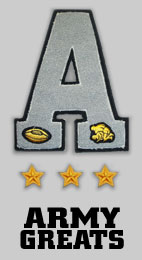
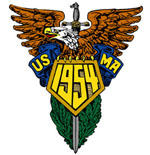
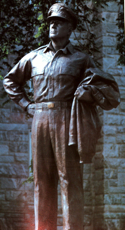 General MacArthur stated it would take
General MacArthur stated it would take 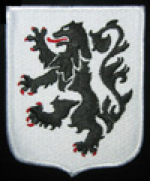 28th Infantry Regiment
28th Infantry Regiment 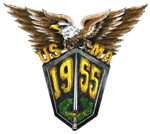
 They played perhaps Army's Greatest Game.
They played perhaps Army's Greatest Game.
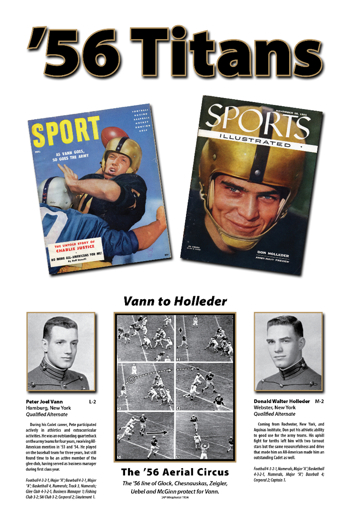
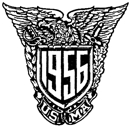
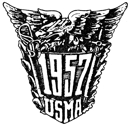
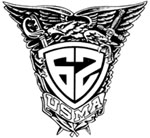
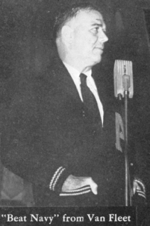

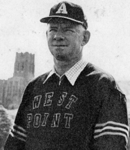
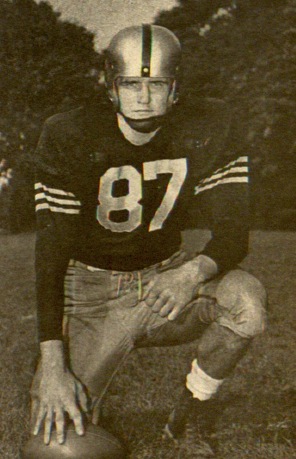

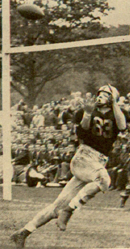
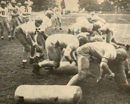
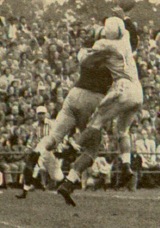
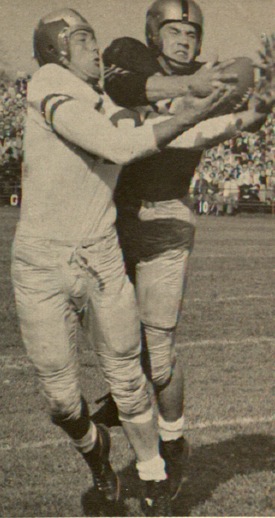
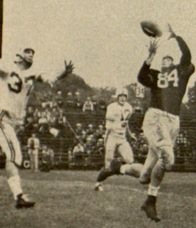
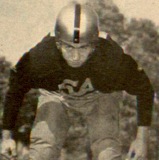
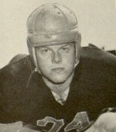
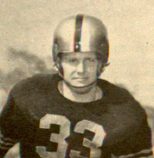
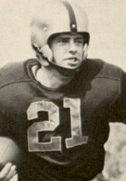
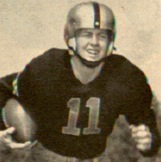
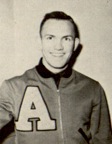
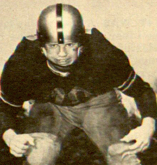
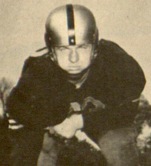
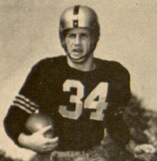
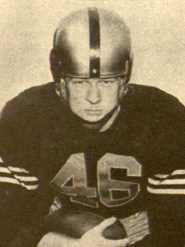
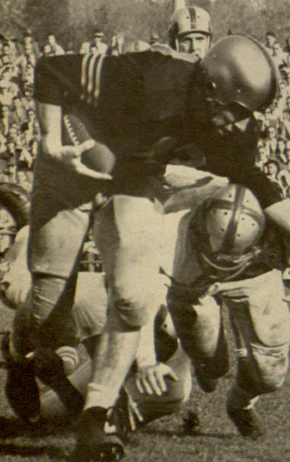
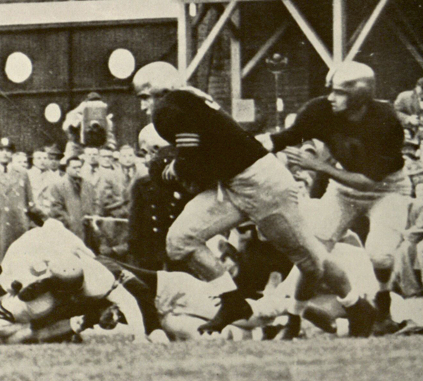
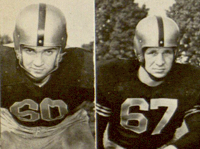
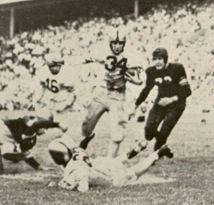
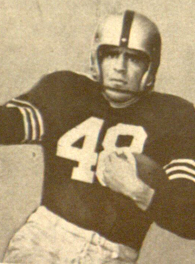
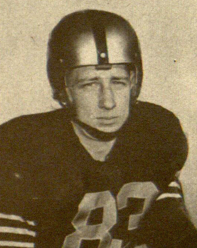

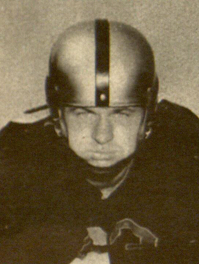
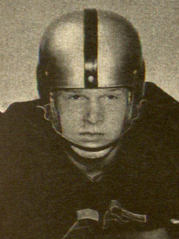
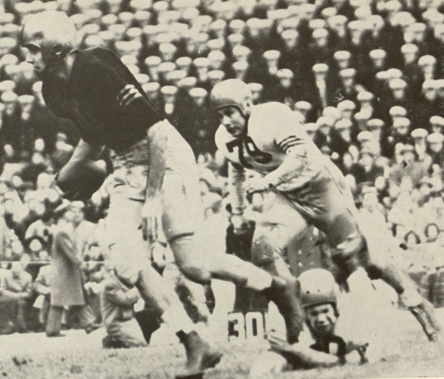
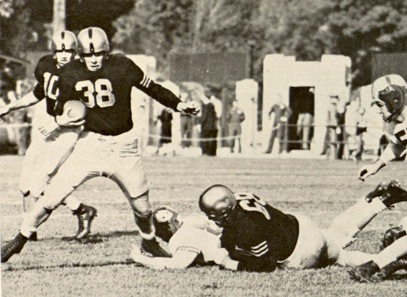
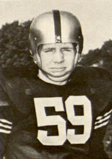
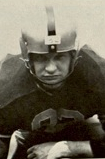
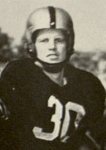
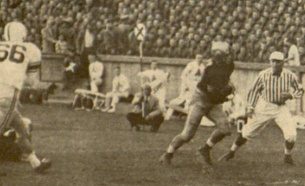
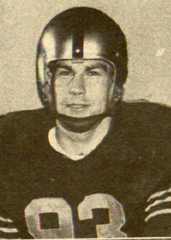
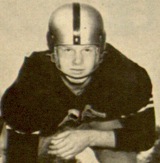


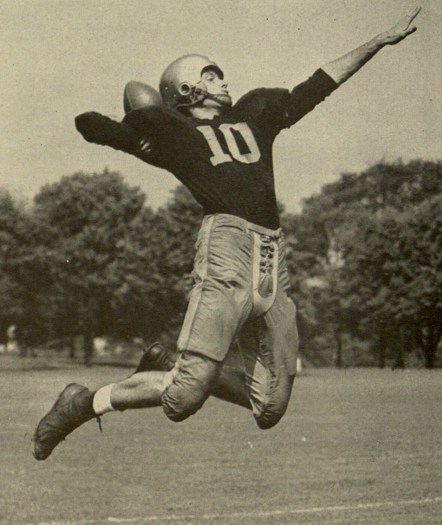
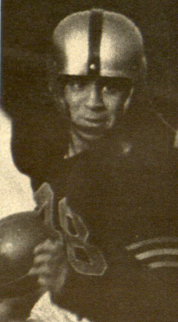
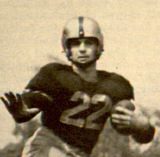
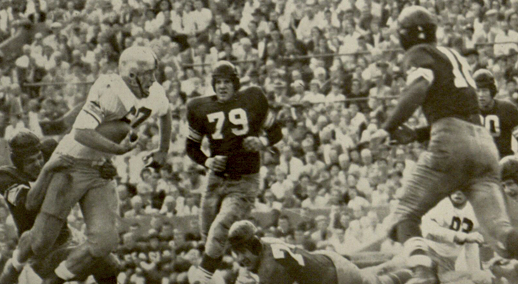

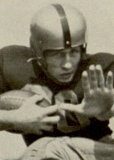
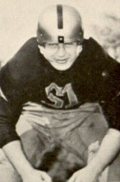
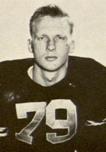
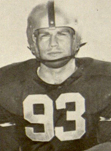
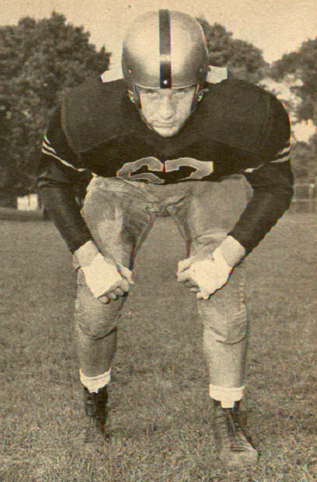
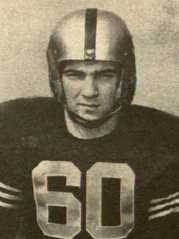
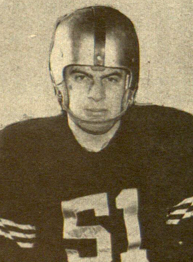
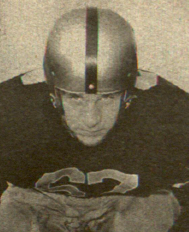


 General MacArthur stated it would take
General MacArthur stated it would take 



 They played perhaps Army's Greatest Game.
They played perhaps Army's Greatest Game.




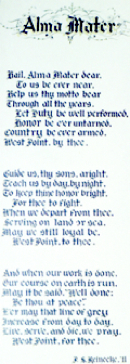
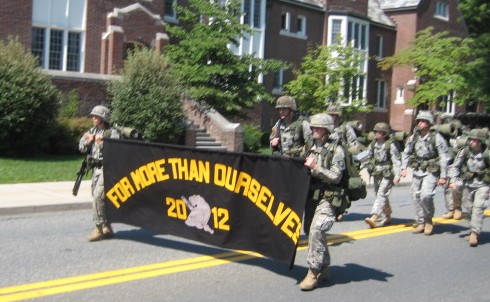
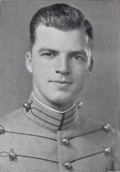


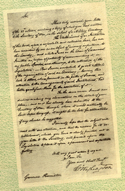
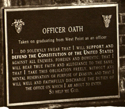


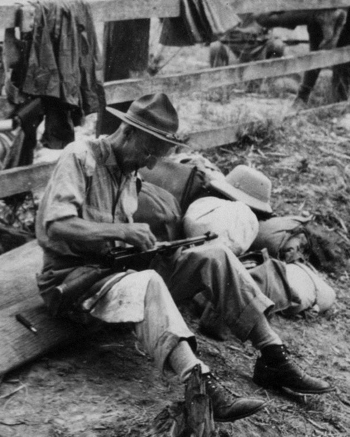
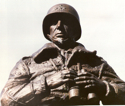
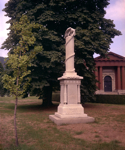
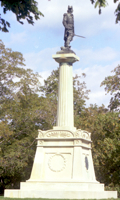
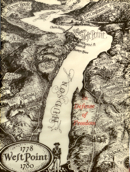
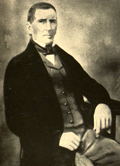

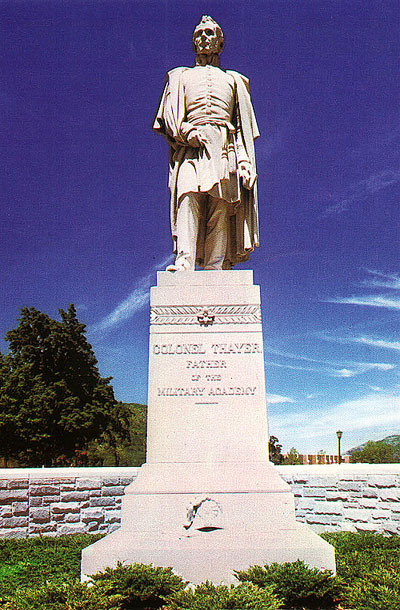
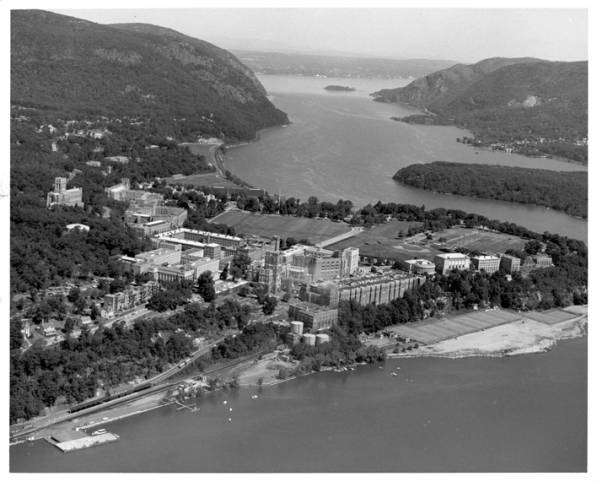

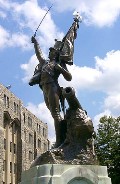




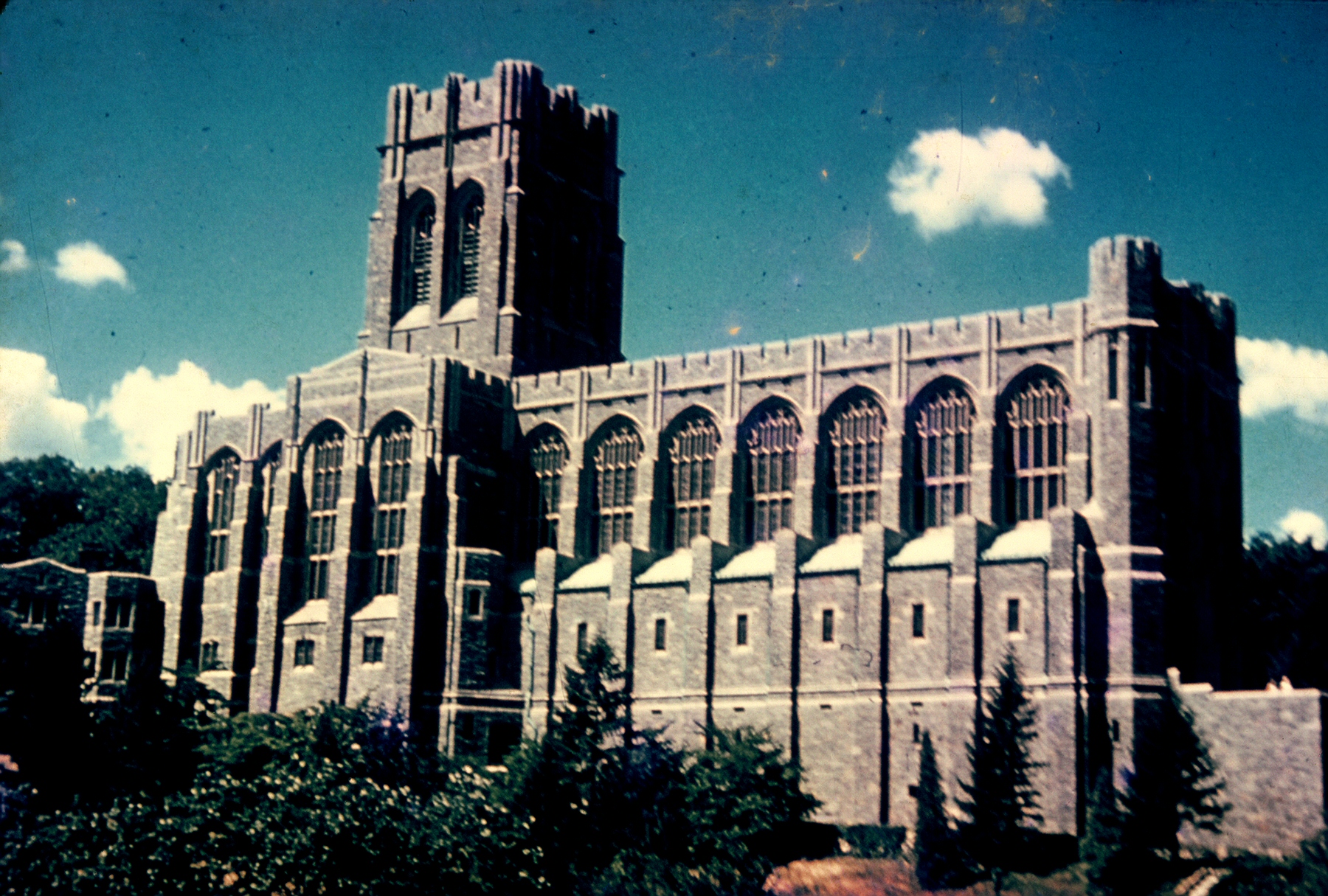






 Cadet Barracks
Cadet Barracks



